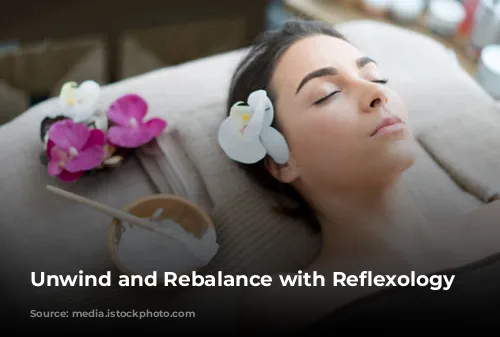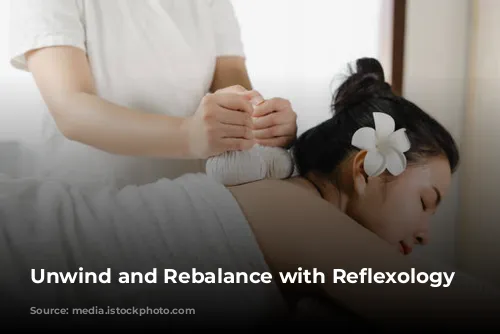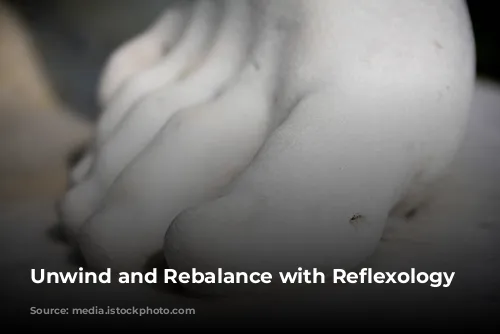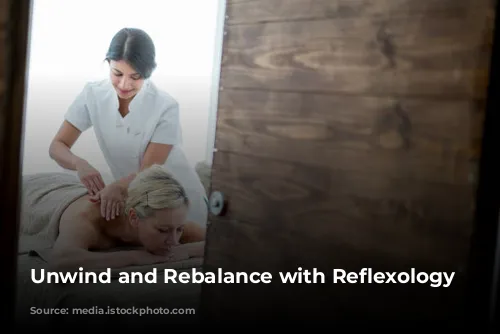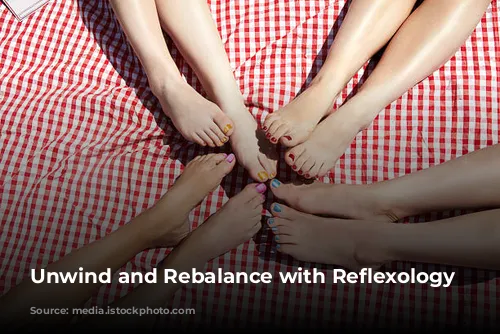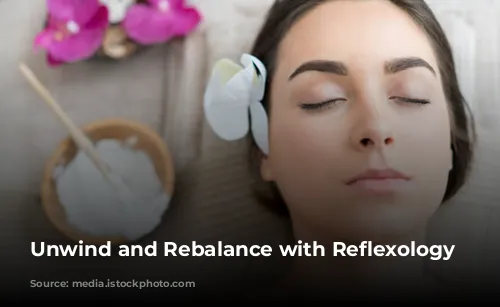Discover the ancient art of reflexology and how it can help you achieve optimal wellness.
Our latest wellness blog feature introduces you to Ersilia Di Nitto, a skilled reflexologist and the newest addition to our team of wellbeing experts. Join us as we delve into the fascinating world of reflexology, uncovering its benefits and who can benefit from this holistic therapy.
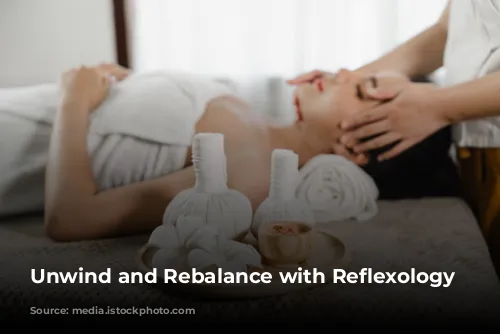
What is Reflexology?
Reflexology, an ancient healing practice, rests on the principle that our face, ears, feet, and hands mirror the entire body. Each area on these extremities corresponds to specific organs, glands, and bodily systems. Reflexologists use specialized techniques and varying pressure to stimulate these areas, prompting the body to restore its natural balance. Evidence of foot, ear, and hand therapies has been found in ancient China and Egypt, dating back thousands of years.
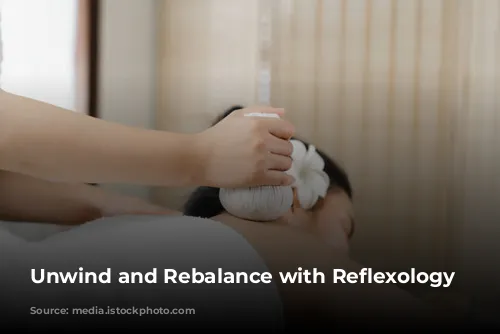
Benefits of Reflexology: A Holistic Approach
The word “holistic” derives from the Greek word “holos,” meaning “whole.” Reflexology embraces this concept, treating the individual as a complete entity, aiming to achieve harmony between body, mind, spirit, and emotions.
Reflexology is a fantastic way to maintain overall wellbeing, support the body’s natural healing mechanisms, and promote a state of equilibrium known as homeostasis. The deeply relaxing nature of reflexology allows the body to engage in its restorative processes, rejuvenating and revitalizing itself.
The Benefits of Relaxation:
- Reduces muscle tension and chronic pain.
- Lessens anxiety and improves focus and mood.
- Slows heart rate and breathing, promoting calm.
- Improves digestion and lowers blood pressure.
- Helps control blood sugar levels.
- Boosts the immune system and balances the endocrine system.
- Enhances circulation, increasing nutrient, oxygen, and energy flow throughout the body.
- Eliminates toxins.
Reflexology offers a wonderful respite from the stress and strain of modern life, supporting your natural healing abilities and providing a sanctuary for both your mind and body.
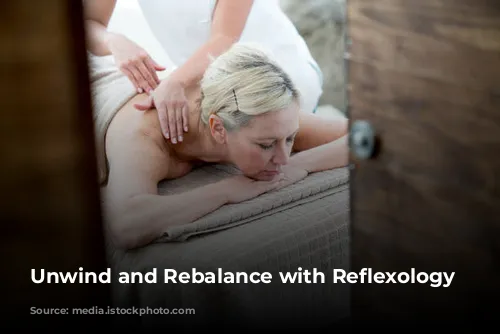
Reflexology vs. Massage: A Clear Distinction
Reflexology and massage are distinct practices with different goals. While massage focuses on relieving muscle tension, reflexology utilizes specialized body maps located on the feet, hands, ears, and face. These maps reflect specific body organs and systems.
Reflexology emphasizes a holistic approach, taking into account all aspects of the individual, including their physical, mental, emotional, social, and cultural well-being. Symptoms are seen as valuable indicators of imbalances within these areas.
Reflexology’s focus is on restoring the body’s natural equilibrium.
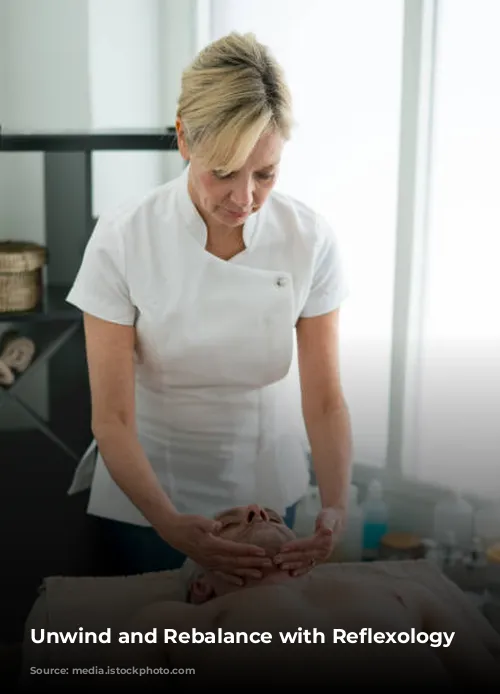
Who Can Benefit from Reflexology?
Reflexology is a popular complementary therapy suitable for all ages, from infants to adults. While not a cure for any specific condition, it can be particularly beneficial for long-standing and recurring health issues that may have become a part of daily life.
Reflexology is a non-invasive therapy, utilizing gentle pressure, unlike a more forceful sports massage. Some areas may be sensitive to touch, but the overall experience is gentle and relaxing.
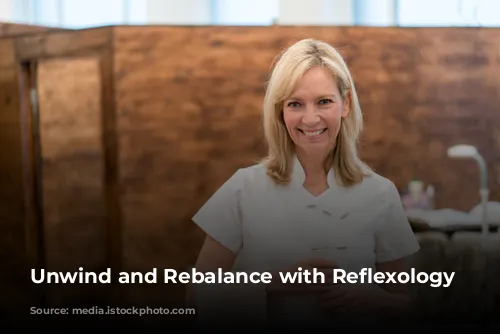
How Long Does Reflexology Take to Work?
Every individual responds differently to reflexology. Some experience immediate relief, while others may need several sessions to fully benefit. Regular weekly treatments are recommended to allow the body to embark on its self-healing journey.
Whether you’re seeking support for an existing health condition, aiming to reduce daily stress levels, or simply craving some “me” time, each reflexology session is meticulously tailored to provide a profoundly restorative experience with tangible health benefits.
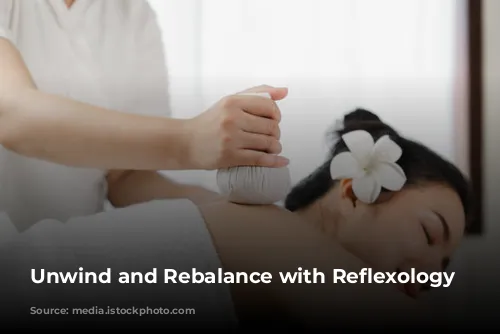
Meet Ersilia Di Nitto: Your London Reflexologist
Ersilia Di Nitto is a fully qualified and insured Clinical Reflexologist based in central London. Her treatments are designed with a holistic approach, recognizing that each client is unique. Every session is personalized, taking into account not only presenting symptoms but also your lifestyle, mental attitudes, emotions, past experiences, and relationships. These factors play a crucial role in both the development and the healing of health conditions.

